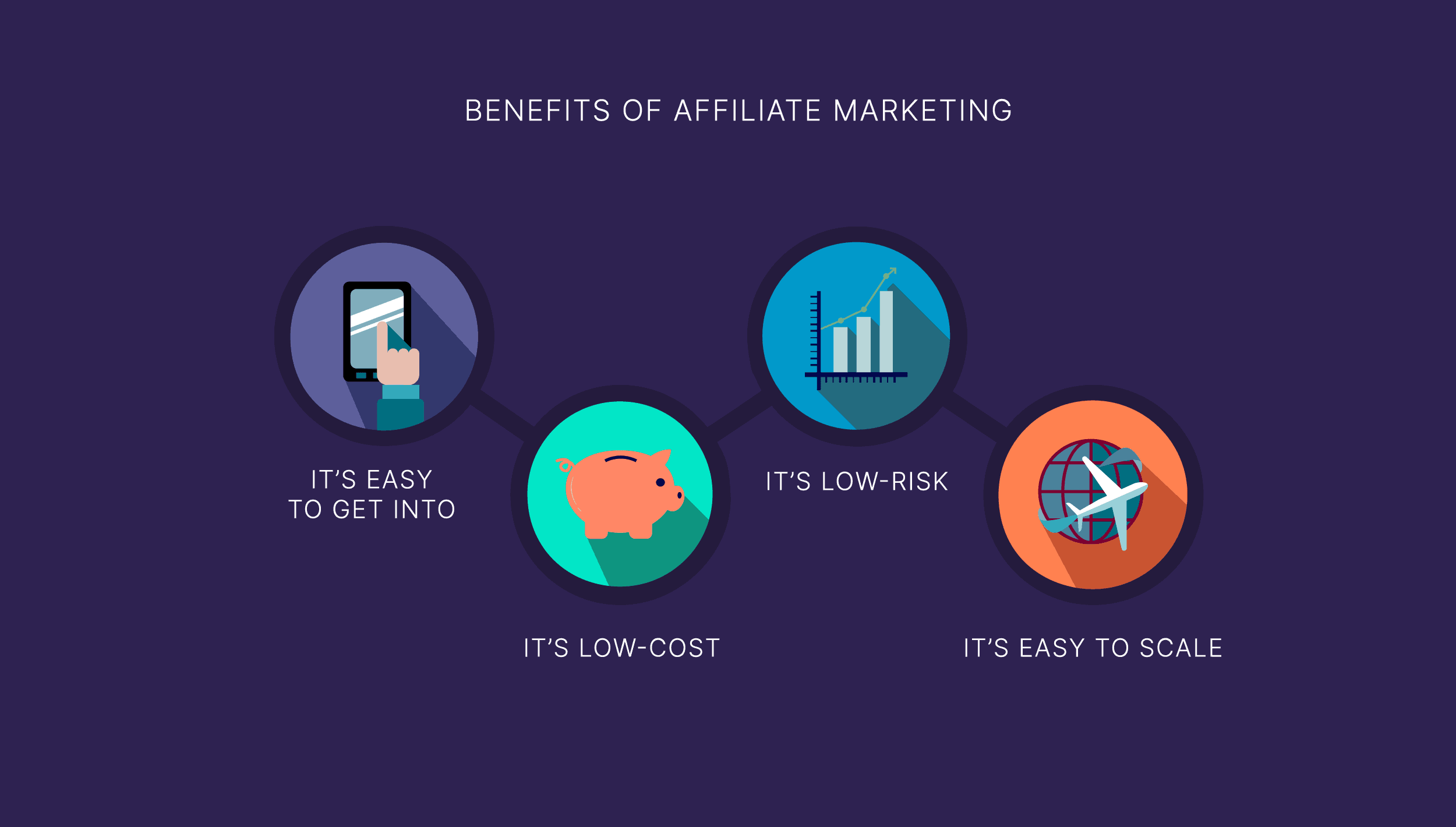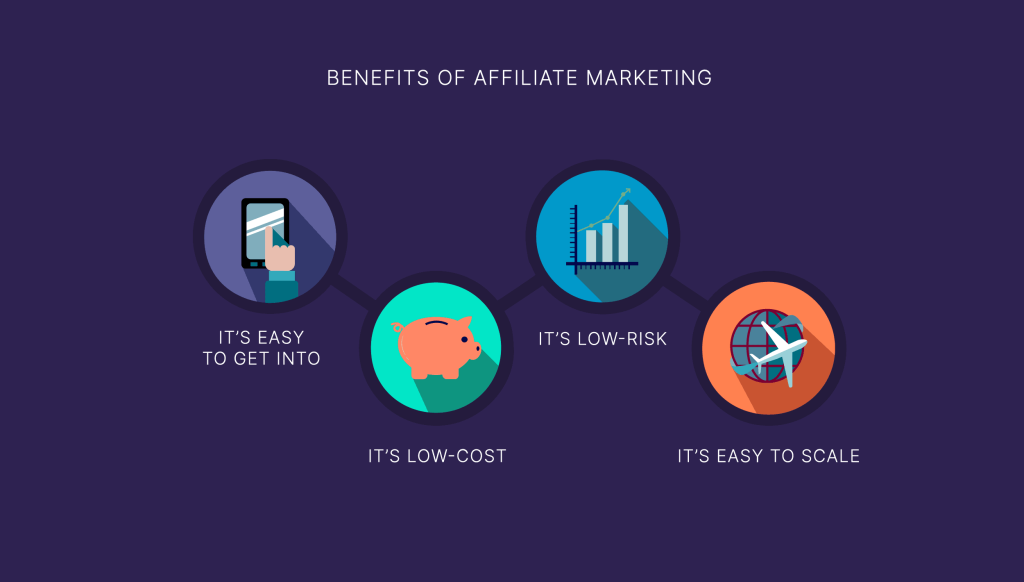
 2025-06-15
2025-06-15
Content Marketing Strategies for Affiliate Success
Content marketing is a cornerstone of successful affiliate marketing, enabling affiliates to engage audiences, build trust, and drive conversions. By creating valuable, relevant content, affiliates can promote products or services effectively while establishing authority in their niche. This article outlines key content marketing strategies to help affiliates maximize their impact and earnings.

Understanding Content Marketing in Affiliate Programs
Content marketing involves creating and sharing content—such as blog posts, videos, or social media updates—to attract and retain an audience. For affiliates, the goal is to weave affiliate links into this content seamlessly, guiding readers toward actions like purchasing a product or signing up for a service. Unlike direct advertising, content marketing prioritizes providing value, which fosters trust and increases the likelihood of clicks and conversions.
Choosing the Right Content Formats
Different content formats appeal to different audiences, and affiliates should experiment to find what works best for their niche. Popular options include:
- Blog Posts: Write in-depth reviews, how-to guides, or listicles comparing products, embedding affiliate links within the text.
- Videos: Create YouTube tutorials, unboxing videos, or product demos, including links in descriptions or pinned comments.
- Social Media Posts: Share quick tips, product highlights, or user testimonials on platforms like Instagram or TikTok, directing followers to affiliate links in bios or swipe-ups.
- Email Newsletters: Build an email list and send newsletters with exclusive deals, product recommendations, or curated content, incorporating affiliate links.
- Crafting Valuable Content
To stand out, affiliates must produce content that addresses audience needs and solves problems. Key principles include:
- Research audience pain points and preferences to tailor content to their interests.
- Provide honest, detailed insights about products, highlighting both benefits and drawbacks to build credibility.
- Use storytelling to make content relatable, such as sharing personal experiences with a product.
- Include clear calls-to-action, guiding readers to click affiliate links without being overly pushy.
Optimizing Content for Discoverability
Creating great content is only half the battle; affiliates must ensure it reaches their target audience. Strategies to boost discoverability include:
- Apply basic SEO techniques, such as using relevant keywords in titles, headers, and meta descriptions, to rank higher on search engines.
- Share content across multiple channels, like social media, forums, or niche communities, to drive traffic.
- Repurpose content into different formats—for example, turning a blog post into a video or infographic—to reach broader audiences.
- Schedule regular content updates to keep the site fresh and maintain search engine rankings.
Building Trust and Authority
Trust is critical in affiliate marketing, as audiences are more likely to act on recommendations from credible sources. To build trust:
- Disclose affiliate relationships transparently, following regulations like FTC guidelines, to maintain honesty.
- Focus on promoting products you’ve tested or thoroughly researched to ensure authenticity.
- Engage with your audience through comments, emails, or social media to foster a sense of community.
- Showcase expertise by creating comprehensive guides or tutorials that demonstrate deep knowledge of your niche.
Leveraging Data to Refine Content
Data-driven decisions can enhance content performance. Affiliates should:
- Use analytics tools like Google Analytics or affiliate network dashboards to track which content drives the most clicks and conversions.
- Test different headlines, formats, or link placements to identify what resonates with the audience.
- Monitor seasonal trends or product launches to create timely content that capitalizes on demand.
- Adjust underperforming content by updating information, improving visuals, or refining calls-to-action.
Collaborating with Brands and Other Affiliates
Collaboration can amplify content marketing efforts. Affiliates can:
- Partner with brands for exclusive promotions or sponsored content, increasing audience appeal.
- Network with other affiliates to share tips, co-create content, or cross-promote each other’s platforms.
- Participate in brand webinars or events to gain insights and create content that aligns with merchant goals.
Overcoming Content Marketing Challenges
Affiliate content marketing isn’t without hurdles. Common challenges include:
- Time constraints, as creating high-quality content requires consistent effort.
- Audience saturation, where readers may ignore overly promotional content.
- Algorithm changes on search engines or social platforms, which can affect visibility.
- Competition from other affiliates targeting the same niche.
To address these, affiliates should prioritize quality over quantity, stay updated on platform trends, and diversify traffic sources to reduce reliance on a single channel.
Content marketing is a powerful strategy for affiliate marketers, offering a way to connect with audiences authentically while driving revenue. By choosing the right formats, delivering value, optimizing for discoverability, and building trust, affiliates can create content that stands out in a crowded market. With persistence and data-driven adjustments, content marketing can become a sustainable engine for affiliate success.








